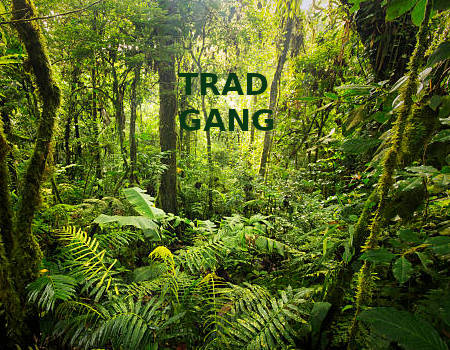Much of what Hunt It says is correct. Most game ranches in South Africa belongs to landowners and are fenced in. Most bow hunting is done from hides at water holes. Self guided hunts for international hunters are against the law. Many game ranch owners leave the hunters at the blinds and collect them later. It is certainly the place to go if you have little time to hunt and for this reason many ranchers do make it easy for their clients to get their animals. And everything that Hunt It says probably do happen over here, such as bow hunters hunting with artificial lights at night. What is important to me is that most of the bowhunters over here are not unethical hunters and will not take part in such practises. Most bowhunters over here will hunt from blinds at waterholes and very few will walk and stalk. Only a small percentage will hunt with a light at nigh, except for bushpig. I have contact with many local bowhunters who either send e-mails, phone or write letter. Whenever articles are published that have even a slight unethical colour to it, I am flooded with letter of protest. I am sure Hunt It never intended to accuse South African bowhunters in general of being unethical – he merely stated some hunters are. I know it is fairly common practise under the rifle hunters. Being a local I am probably a little touchy about such statement and I just want to make sure everyone knows it isn’t all of us, but only a small percentage.
About the legality of bowhunting with artificial light at night: Hunt It might be right, it could be that it is legal, but I do not know of this change in the law. It is legal to hunt with a light and a rifle on a ranch that is completely enclosed with game fence and that has permission from Nature Conservation. According to Cleve Cheney, who was a game ranger for 20 years and who owns a well-known bowhunting and field guiding school in South Africa, it is not legal with a bow. Cleve says hunting leopard, bushpig and problem animals, such as jackal and caracal, with a light is no problem, but not the average game animal. Mr Jan du Toit, also formally from Nature Conservation, is a well know figure in the bowhunting circles in South Africa. He wrote most of the bowhunting ordnance many years ago and is still very interested in bowhunting law. He assures me it is still illegal to hunt with a bow and artificial light at night. But I guess this is besides the point anyway. Some bowhunters will do it and are doing it, whether it is legal or not. What is important that it is only the very few.
Traditional bowhunting is not very big in South Africa at the moment and are not well catered for over here. However, there are outfitters such as Kruger Human and Benito van Leeuwen who goes out of their way to accommodate traditional bowhunters. I have been to many ranches over the last five years to do evaluations and most of them allowed me to walk and stalk. I agree with Hunt It, though: hunting in an unfenced area is certainly the ultimate hunting experience. The best hunting experience is probably walking and stalking, using an all-wooden bow and wooden arrows one has made oneself, and wearing no camo – just comfortable well-worn clothing. it would even be better to use a stone arrow head one has flint knapped oneself. What people want from a challenging hunt differs. For some a glass laminated bow is fine, other might frown upon it as much as they frown upon a compound. For some walking and stalking on a fenced ranch is fine, while other prefer sitting in a blind. Hunt It prefers open areas, with no fences and for this I admire him. Unfenced areas are hard to find in South Africa – if they exist over here at all. South Africa is not his hunting ground and I have no quarrel with him if he prefers other African countries. However, this does not mean other bowhunters will not enjoy visiting the country and will not have an African experience. An excellent hunting experience, and in my opinion ethical and in fair chase, is sure to be had over here and I can give the names of many a US bowhunter who has been here and who keeps on coming back. Some of these are traditional bowhunters, of which at least two are well known in the United States. It makes little difference to me whether bowhunters from other countries hunt over here, since I neither own a game ranch nor am I a outfitter or a PH. In fact, the more international bowhunters visit the country, the harder it is for local hunters to find ranches to hunt on. And if I had the time and the money, I would hunt in the unfenced areas of Africa myself.



